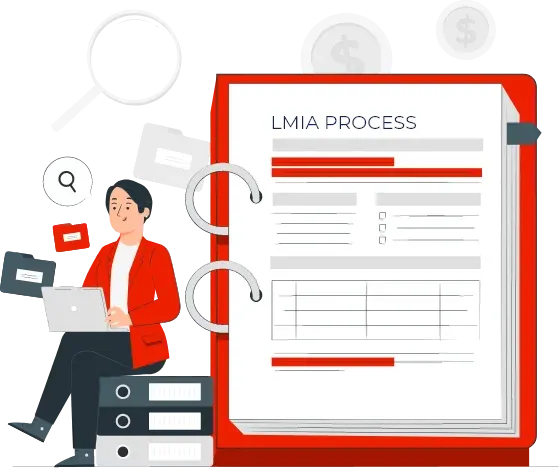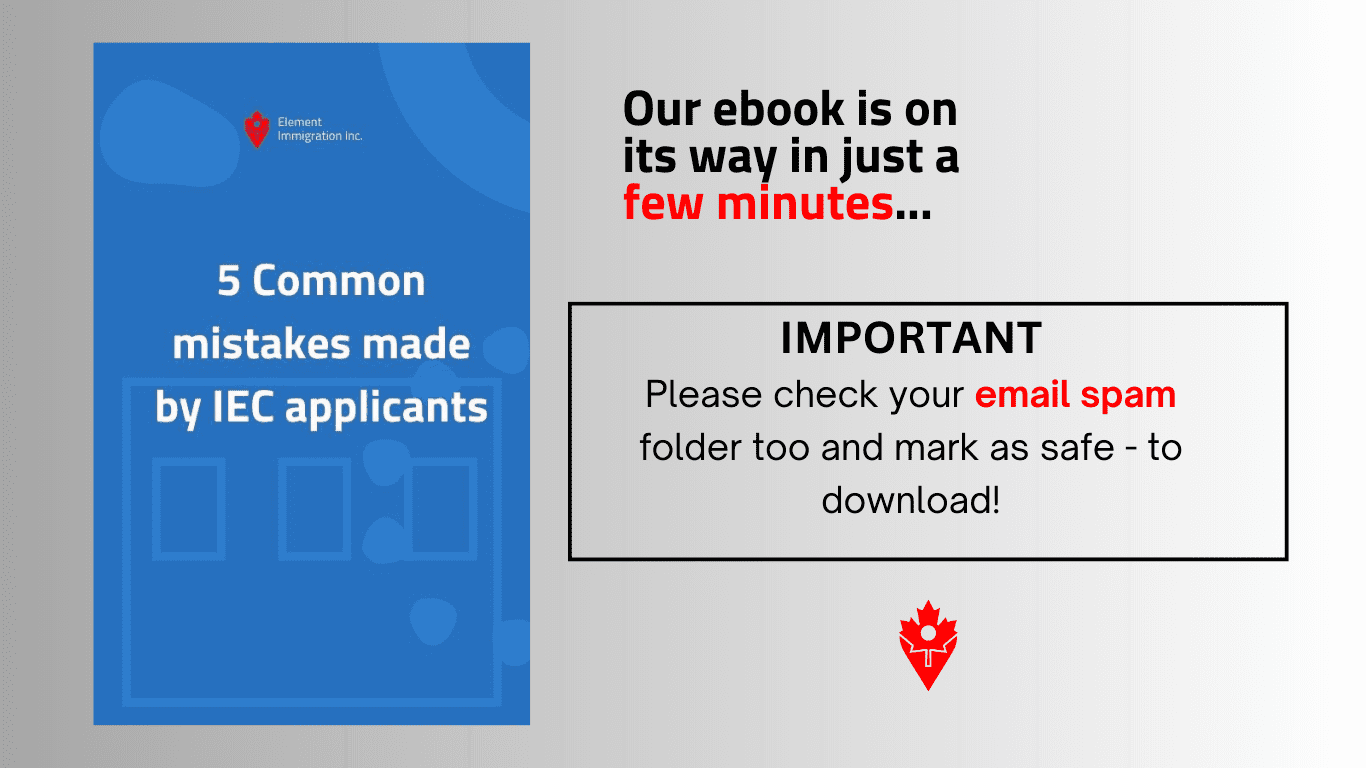
If you’re an employer in Canada seeking to hire foreign workers, a successful Labour Market Impact Assessment (LMIA) is crucial. The LMIA process, managed by Employment and Social Development Canada (ESDC), ensures that hiring a foreign worker won’t negatively affect the Canadian job market. However, the LMIA application can be complex, and even small mistakes can lead to rejections, resulting in delays and wasted resources. In this article, we’ll explore the top 5 reasons why LMIA applications are often rejected and provide actionable tips to help you avoid these common pitfalls.
1. Incomplete or Incorrect Documentation
One of the most common reasons for LMIA rejections is the failure to submit complete or correct documentation. The application requires multiple documents to verify your recruitment efforts, financial stability, and the nature of the job offer. If any of these documents are missing or inaccurate, your LMIA may be denied.
How to Avoid This:
- Carefully review the checklist provided by ESDC.
- Double-check that all required forms, including proof of recruitment and financial statements, are submitted in full.
- If you are unsure, seek professional help from immigration consultants to ensure every form and document is accurate.
2. Inadequate Recruitment Efforts
Canadian employers must prove that they made a genuine effort to recruit a Canadian citizen or permanent resident before resorting to hiring a foreign worker. This means advertising the job for at least 4 weeks and following specific advertising guidelines. Failing to meet these recruitment requirements is a common cause of LMIA application rejections.
How to Avoid This:
- Ensure your job advertisement meets ESDC’s standards and is posted on the required platforms, such as the Job Bank, along with two other recruitment methods.
- Keep records of your recruitment efforts, including the platforms used, the length of time the job was advertised, and the resumes received from Canadian applicants.
3. Offering Non-Competitive Wages
Wage rates are a significant factor in LMIA approval. The Canadian government mandates that wages offered to foreign workers must meet or exceed the prevailing wage in your region and for your specific job category. Offering a salary that is too low may result in rejection.
How to Avoid This:
- Research wage trends for your industry using Canada’s Job Bank Wage Report.
- Ensure the wage you offer aligns with or exceeds the median wage for the role in your region.
- Consider benefits and other compensation to make the offer more competitive, as these can also impact LMIA approval.
4. Misrepresentation of Job Requirements
The details you provide about the job need to be truthful and match the National Occupational Classification (NOC) code for the position. Misrepresenting the job’s duties or inflating qualifications to fit LMIA criteria is a common mistake that can lead to denial.
How to Avoid This:
- Be precise and honest in describing the job responsibilities.
- Use the correct NOC code that aligns with the job duties and required skill level.
- Ensure that the job description matches the qualifications and skills necessary for the position without exaggeration or downplaying.
5. Failing to Demonstrate Business Legitimacy or Need for a Foreign Worker
ESDC requires proof that your business is legitimate and financially stable enough to support hiring foreign workers. Employers who cannot provide sufficient documentation, such as business licenses, financial reports, or proof of sustained business activity, may see their LMIA applications rejected.
How to Avoid This:
- Submit current and complete financial statements, including tax records, payroll, and business registration documents.
- Explain clearly how hiring a foreign worker will fill a gap that cannot be addressed by Canadian workers.
- Highlight how the foreign worker will contribute to your business growth and long-term sustainability.
Conclusion
Applying for an LMIA can be a challenging process, but by avoiding these common mistakes, you can increase your chances of approval. If you’re feeling overwhelmed, consider consulting with experienced immigration professionals who can guide you through the process and ensure your application is complete, accurate, and compliant with Canadian immigration laws.
At Element Immigration, we specialize in helping Canadian employers successfully navigate the LMIA process, saving you time and stress while ensuring compliance with regulations. Contact us today for personalized assistance with your LMIA application.
Ready to apply for an LMIA or have questions about the process? Book a consultation with one of our experts to get started on your application today!

Recent Comments